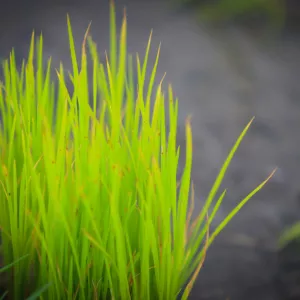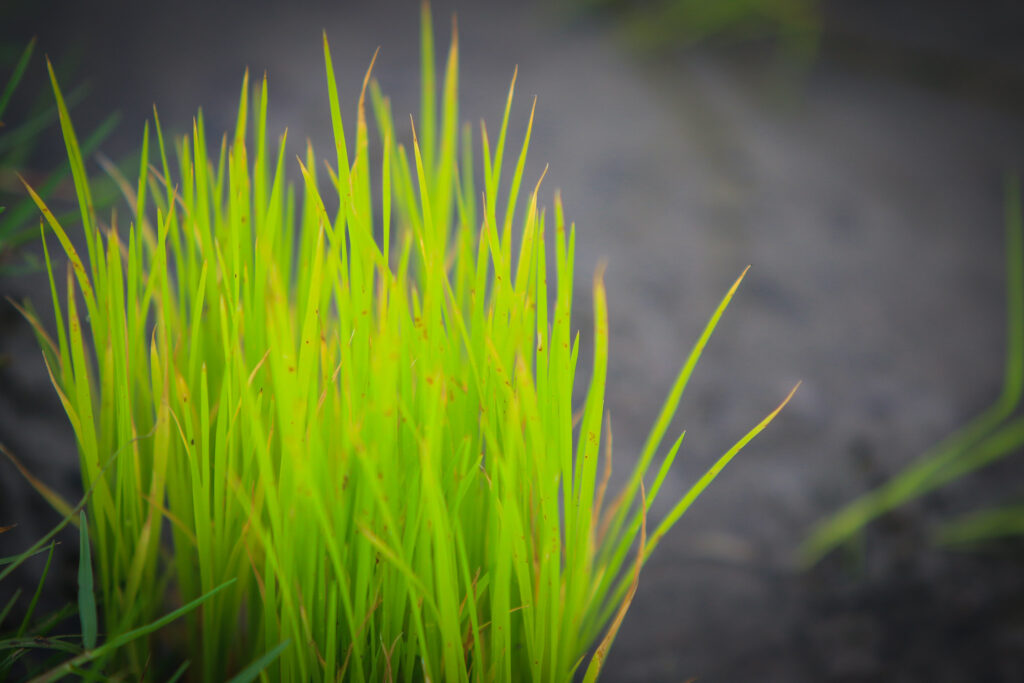Safeguarding Plant Health for Sustainable Rice
by Christian Dohrmann Plant health is vital for both environmental and human well-being, as plants supply oxygen and food. However, rice crops face increasing threats from climate-induced stressors, pests, and diseases, all of which undermine sustainable agriculture and food security. Rice, a staple for over half the world’s population, is highly sensitive to its environment. Climate change has intensified extreme

Safeguarding Plant Health for Sustainable Rice
by Christian Dohrmann

Plant health is vital for both environmental and human well-being, as plants supply oxygen and food. However, rice crops face increasing threats from climate-induced stressors, pests, and diseases, all of which undermine sustainable agriculture and food security.
Rice, a staple for over half the world’s population, is highly sensitive to its environment. Climate change has intensified extreme weather events—droughts, floods, and temperature fluctuations—compromising rice growth and yields. From 2000 to 2024, Asian subregions have recorded steadily rising temperatures disrupting rice-growing cycles and increasing susceptibility to environmental and biological stressors.
Warmer average temperatures create more conducive environmental conditions which both promote the reproduction of pests and diseases as well as enabling their propagation beyond their climatic and geographic origin. Studies have suggested a correlation between increased temperatures and pest outbreaks in rice, with farmers responding by intensifying infestation management strategies.
Historic trends show rising dependencies on external inputs, especially South-eastern Asia records a doubling of pesticide application, raising concerns about the impacts on food security and natural biodiversity. Fertilizer applications have also risen over time across Asian regions, highlighting the need for more sustainable soil and nutrient management. Excessive chemical use in those applications undermines soil health, disrupts ecosystems, and endangers plant and—ultimately—human health.
To ensure sustainable rice production, it is critical to adapt to extreme weather events and changing weather patterns, reduce reliance on chemicals, and monitor emerging pests and diseases through integrated plant health strategies.
Some of the most concerning diseases affecting rice cultivation leading to yield loss are, for example, Rice Blast, Bacterial Blight, Bakanae, and Tungro. Depending on the disease they may spread through direct contact between plants, through water and wind transmission, or as a result of pathogen-carrying insect infestations.
Insects pose major threats that are detrimental to rice plants. As there are countless insect species, rice plants are subjects to numerous insect predators. Many insects cause harm through different type of damage, such as exfoliation or cutting leaves and thereby reducing photosynthetic capacity, draining fluids from different parts of the rice plant, such as from developing grains leaving empty hulls.
Holistic farm management is key. This involves integrating resistant cultivars, efficient agronomic practices, and conservation practices that support and enhance the natural ecosystem. The premise is that no single control method can be successful over a long period of time.
Integrating pest and disease strategies through more pest- and disease-resistant varieties through breeding, natural landscaping approaches, and conservative pest management strategies considers nature as part of agriculture than an obstacle.
Optimizing nutrient management is important to satisfy healthy crop growth with needed nutrients while not poisoning the soil and adjacent waterbodies. The emphasis here is to reduce the overall quantity of fertilizers, leading to a lower cost of farm management, higher profit, and a reduced ecological impact. It also reduces greenhouse gas emissions as a more efficient use of nitrogen reduces nitrous oxide emission from the field, as well as indirect emissions by reducing the need for producing nitrogen fertilizer.
To learn more about safeguarding plant health for sustainable rice production, read this document.
The post Safeguarding Plant Health for Sustainable Rice first appeared on Rice Today.

